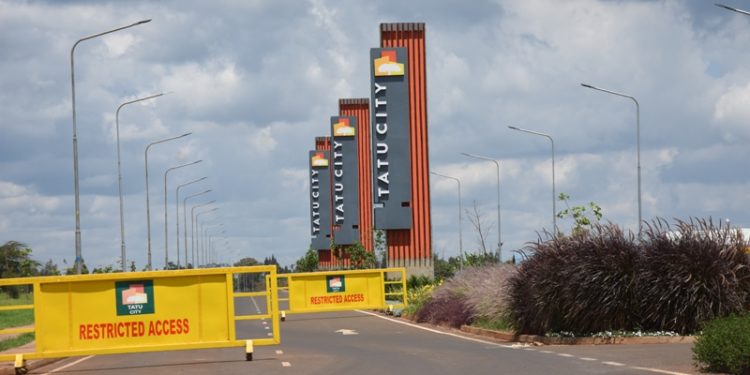Kenya’s real estate sector has been experiencing significant growth, driven by a combination of private and public sector initiatives aimed at fostering sustainable development. Several collaborative efforts have been instrumental in shaping the landscape of real estate growth and development in the country.
One of the key collaborative initiatives is the establishment of Real Estate Investment Trusts (REITs). Introduced in 2015, REITs have democratized real estate investment by allowing investors to pool their funds to invest in diverse real estate ventures.
This model not only provides a steady income stream through dividends but also offers tax benefits, making real estate investment more accessible to a broader population. REITs have shown resilience and adaptability, contributing to the sector’s stability and growth.
According to Construction Kenya, Public-private partnerships (PPPs) have also played a crucial role in advancing real estate development. Projects such as the Nairobi-Mombasa Expressway and the Nairobi Railway City are prime examples of how collaboration between the government and private entities can lead to significant infrastructure developments.
These projects aim to decongest urban centers, improve transportation networks, and create new commercial and residential spaces, thereby enhancing the overall real estate market.
Moreover, initiatives like the Affordable Housing Program, part of Kenya’s Vision 2030, are crucial in addressing the housing deficit. This program aims to construct 250,000 affordable housing units yearly, with collaborations between the government, private developers, and financial institutions to provide funding, technical expertise, and land. This initiative not only boosts the housing sector but also stimulates economic growth by creating jobs and supporting related industries.
Mega projects such as Northlands City and Tatu City further exemplify the impact of collaborative efforts in real estate. Northlands City, a project by the Kenyatta family, is set to develop an 11,000-acre estate with residential and commercial units, while Tatu City, a 2,500-acre mixed-use development, is being promoted as Kenya’s first privately managed city. These projects involve extensive planning and coordination among various stakeholders to ensure their success.
The growth and development of Kenya’s real estate sector are significantly strengthened by collaborative initiatives that bring together public entities, private investors, and financial institutions. These partnerships are essential in addressing the housing needs, improving infrastructure, and creating sustainable urban environments, ultimately contributing to the country’s economic development and improving the quality of life for its citizens.


















